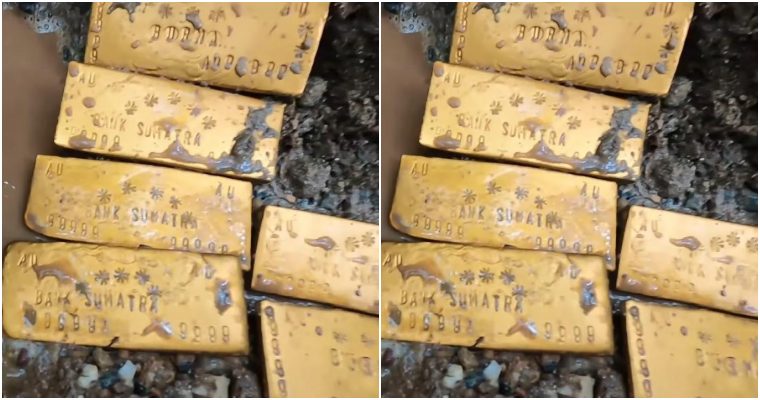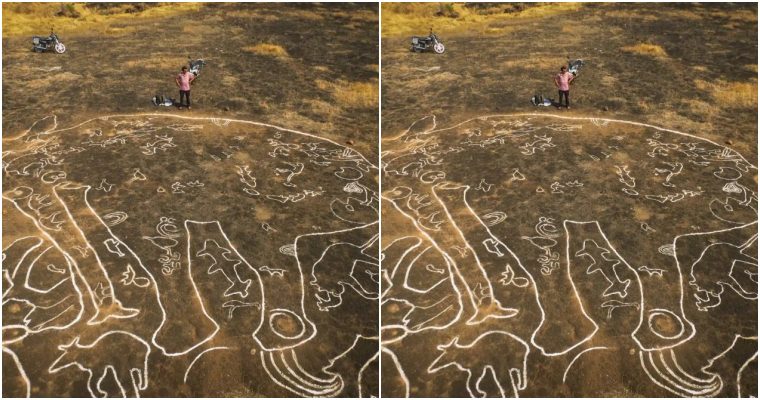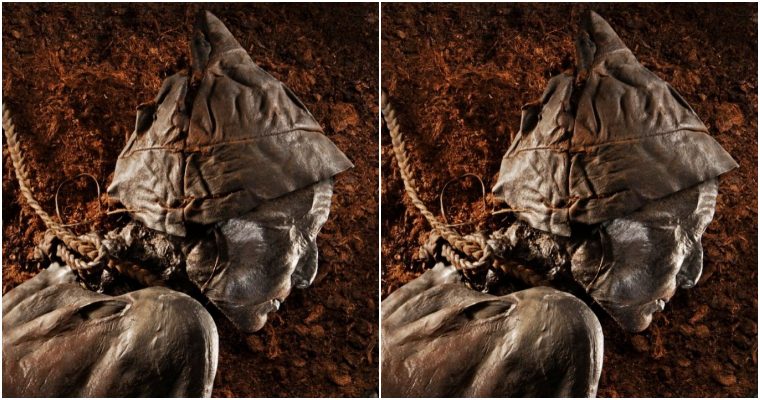A number of decapitated skeletons have been uncovered by archaeologists at a Roman burial site.
The discovery, which included evidence of Roman and Iron Age settlements, was made at Wintringham near St Neots, Cambridgeshire.

Dating from 2,500 years ago, the site will feature in the latest series of BBC Two’s Digging for Britain.
Patrick Moan from Oxford Archaeology said the find had “revealed amazing insights into the people” of the area.

The work comes ahead of a development of about 2,800 homes in the village.
Archaeologists uncovered an Iron Age settlement composed of 40 roundhouses and a network of trackways and enclosures related to farming activities.
The Oxford Archaeology team also discovered Roman coins, brooches, a large lead lid or platter, and numerous pottery vessels.
A Roman kiln and a large number of quern and millstones, used to grind grains, were also found.

Experts said the decapitated skeletons dated back to the third century AD, with 11 out of the 17 burials having their heads positioned by the feet.
The individuals were interred carefully, often buried with pottery and in one case, a pottery vessel was found in place of the head, archaeologists said.
Mr Moan, the project manager, said: “These results add greatly to our understanding of the local landscape’s history which we can now share with local communities.”

Specialists will now start analysing the skeletons with the hope of providing more details about the burial rites that were in use in the area.
The discovery will feature on episode three of Digging for Britain on BBC Two at 21:00 GMT on Sunday or on the iPlayer.







